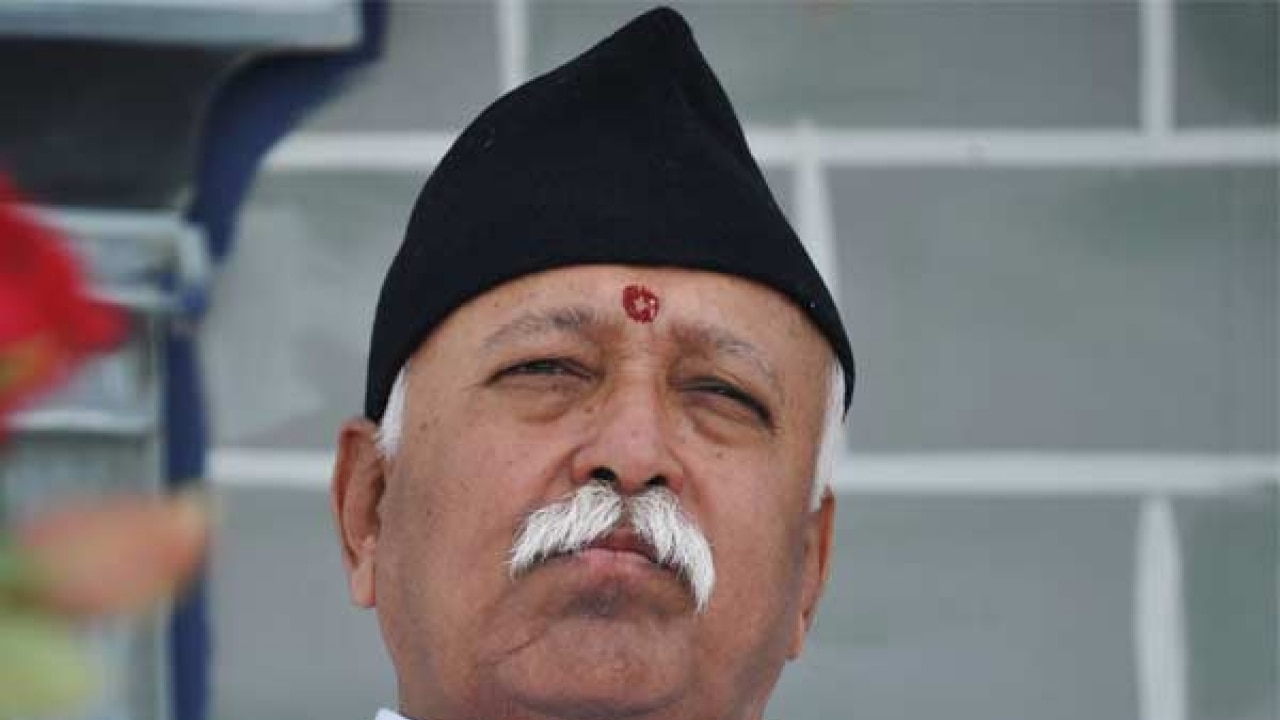
As yet there is no mention of the three-day Rashtriya Swayamsevak Sangh (RSS)-Bharatiya Janata Party (BJP) meeting on either the website of the RSS or that of the BJP. The meeting had begun on Wednesday and ends today (Friday). Top ministers of the Union cabinet, including Home Minister Rajnath Singh, Minister for External Affairs Sushma Swaraj, Finance Minister Arun Jaitley, Parliamentary Affairs and Urban Development Minister M Venkaiah Naidu, Defence Minister Manohar Parrikar and Human Resource Development minister Smriti Irani, have reportedly made presentations of their work before the RSS leadership. Prime Minister Narendra Modi is expected to be attending the final day of the meeting, on Friday.
The RSS chief, Mohan Bhagwat, and other senior office-bearers of the RSS are discussing governance issues with the BJP ministers. It is considered that this is a sort of “course-correction” exercise by the RSS, which is believed to have exchanged notes on a wide range of economic and social policy matters with the BJP ministers. BJP’s general secretary Ram Madhav, who was a former RSS spokesman, has denied that the interactions are a review of the government’s performance. But he has admitted that they are meant to suggest the Modi dispensation’s future road map.
The meeting called Samanvay Baithak is being translated as “coordination meeting”. The English translation does not carry the exact connotations of the Hindi word, “samanvay”, which indicates not “coordination” but “reconciliation”. That is, the RSS and the BJP are looking at areas of convergence. Off-the-record informal briefings, which are the only way to know what transpires at the meetings, indicate them to be some sort of a brainstorming session between the top brass of the two organisations. It is true that leaders from the two sides customarily meet, exchange ideas and share views. It seems that in these meetings the RSS office-bearers convey to the BJP team the feedback they have gathered from their many affiliated grass-roots organisations, which include the Vishwa Hindu Parishad (VHP) and the Bharatiya Mazdoor Sangh (BMS), about what is expected of a BJP-led government.
The RSS and the BJP leaders in general tend to be dodgy about these meetings, given their official position that the RSS does not interfere in BJP’s affairs, and that the BJP only consults the RSS leaders but does not frame its policies according to their suggestions. Besides, the RSS, according to the BJP, does not even issue diktats to the parliamentary party. There is then no official information about the agenda of these meetings and whether the BJP implements the RSS agenda. This unofficial, informal relationship between the RSS and the BJP does not just raise eyebrows and intrigue political observers but also throws up serious questions about the non-democratic, if not undemocratic, engagement between the two organizations.
The BJP is a registered political party and it fights elections, winning some of them and forming governments as it has done at the Centre and in several states across the country. The RSS professes to be a cultural organisation which shuns politics. It is not a registered outfit. Its members do not elect its executive committee or the leader who leads the organisation. As a matter of fact, the mechanisms of RSS functioning are shrouded in secrecy. Why then are the democratically elected members of the BJP, occupying ministerial positions, consulting with the RSS leaders? Sure, ministers do often consult experts in their respective fields. But this particular case does not seem to be one of consultation.
The RSS seems to indicate the agenda to the government and the ministers try to implement it. This opaque relationship between the BJP and the RSS is deeply disturbing in a democracy. To put an end to such confusion, the two sides should then formalise their relationship. After all, cloaked goings-on are never known to bode well for a democratic polity.